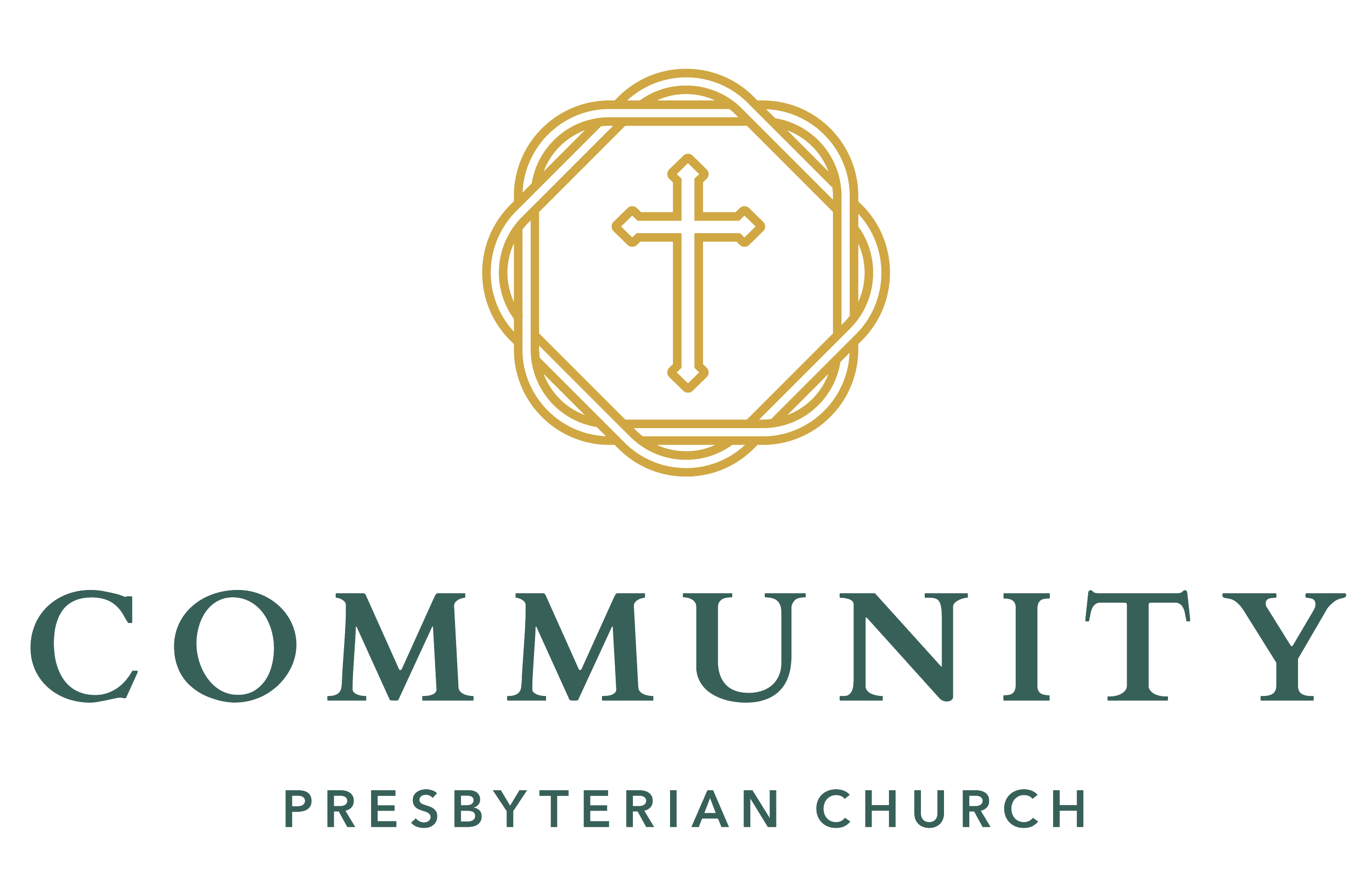God Loves the Purposeful Giver
Last time, as we began this series on giving, we examined what the Bible had to say about giving generously. This week I want to look at what it means to give purposefully. By that I mean essentially two things: we give in order to worship, and we give for the sake and furtherance of ministry.
- Giving is an act of worship. This is an extremely important thing to grasp when it comes to tithing. Giving our monies to the work of the church is meant to be just as worshipful as when we stand up and sing. Jon Payne writes, “Don’t let the placing of your tithe and/or offering in the collection plate during the worship service be a mere formality or mindless ritual. Rather, as with the other parts of the liturgy, make it a conscious, joyful act of worship" (In the Splendor of Holiness, 81).
Anything that’s repeated often can become rote, but it doesn’t need to be that way. We should not mechanically reach into the pocket/purse and drop in the money without giving it a second thought, much like we might brush our teeth or get the mail. We are bringing something to the Lord of the universe. Don’t be flippant in your giving. Be purposeful. Be intentional. Be worshipful. As the money goes into the plate, pray to God thanking Him for all that He has done for you and ask Him to bless your contribution to His Kingdom.
- Another aspect of purposeful giving is recognizing that our monies and resources are actually meant to be used! The Bible speaks clearly that God gives to us so we can use His gifts for His glory. We need to make thoughtful decisions about where we allocate our offerings, what charities we want to support, what missionaries we will sponsor, etc. In terms of the church, having finances is not the end, or the goal, of tithing. Using our finances for God’s glory is the goal.
Think of the parable of the talents in Matthew 25. It is from that parable that we get the grand benediction we all long to hear from our Lord one day: “Well done, good and faithful servant” (v. 21). We often say or think of this line out of context, and don’t realize it is spoken of a master commending the diligent financial stewardship of one of his servants! God does not want us to hold onto what He has given us until He returns. Certainly, if we do that we can say, “Here, have what is yours” (v. 25). But God will say, “I know it’s mine—and it could have been so much more!” (vv. 26-30).
God gives to us so that we would give back to Him, by His grace, an abundance of what we first received. We do this by investing our gifts into people, places, and things that will yield an increase for Christ’s kingdom on earth. This cannot happen by carelessly tossing a few dollars into the offering plate every so often. The use of God’s resources requires more diligence than that.
Once again, God must be the guide in our giving. As we look to his lavish grace, it is far from rote, far from thoughtless. He gave with purpose, with intention, with planning: “For God so loved the world, that he gave his only Son, that whoever believes in him should not perish but have eternal life” (John 3:16). This means when Christ came into the world to give eternal life, he had you in mind! What a comforting thought! Jesus says, “My sheep hear my voice, and I know them, and they follow me. I give them eternal life, and they will never perish, and no one will snatch them out of my hand. My Father, who has given them to me, is greater than all, and no one is able to snatch them out of the Father’s hand” (John 10:27-29). In response to the purposeful gifts of the Father, let us pray for wisdom and desire to give to Him in return.
